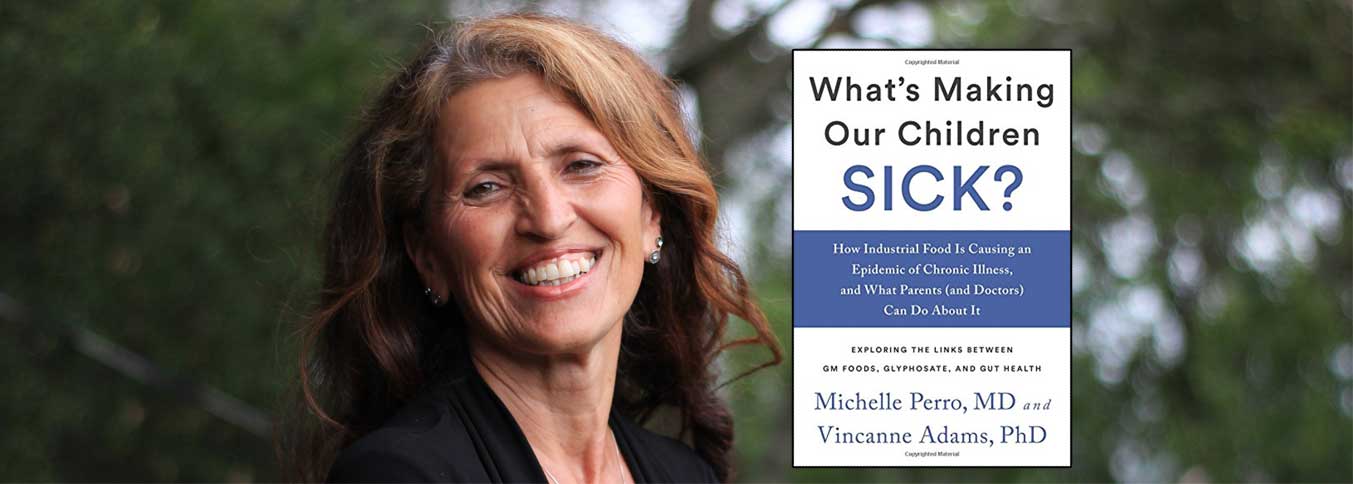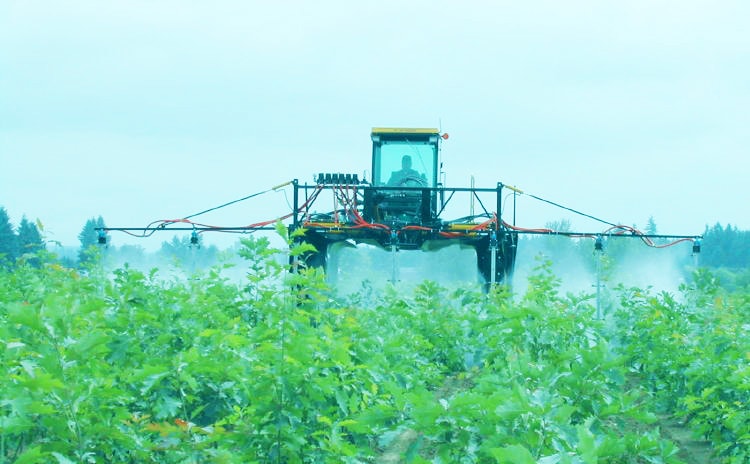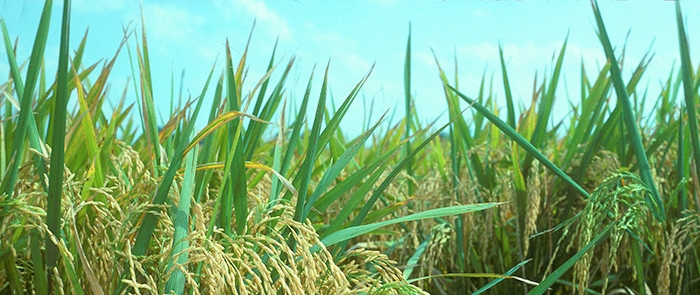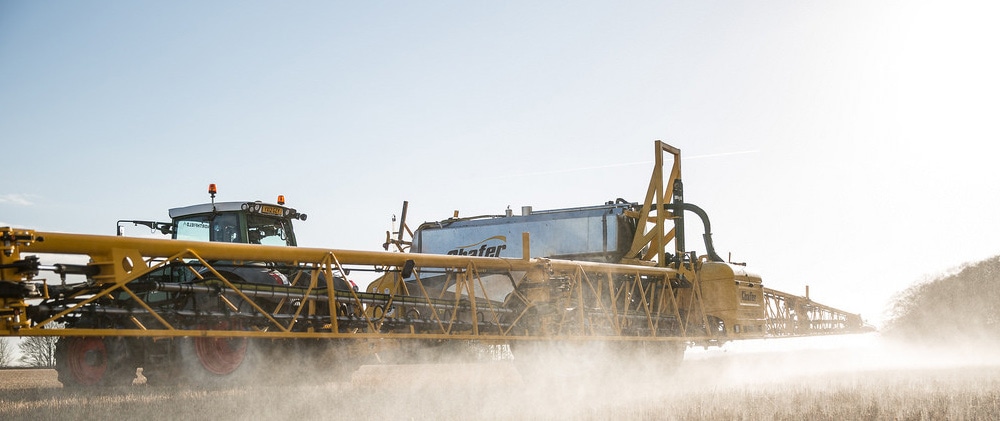Glyphosate
An Indigenous Woman Fights Back Against Monsanto and Wins
One person can make a difference! A 55-year-old native Mayan beekeeper, Leydy Pech, has won out against Monsanto in a grassroots effort to protect her precious bees from glyphosate poisoning. Mexico is the sixth largest honey-producing country in the world, and the indigenous communities are major producers of honey from the Mayan stingless bees native to the area. When her bees became threatened by Monsanto's pesticides used on neighboring GMO soy crops, Pech led a lawsuit against the Mexican...
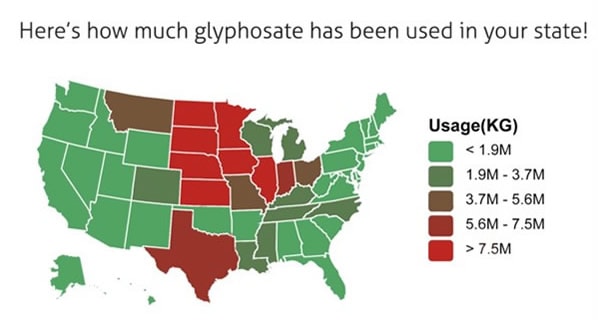
You Asked! We Answered! Do Carbon Filters Eliminate Glyphosate?
Reader Kathryn L. asks whether carbon filters can eliminate glyphosate from her drinking water. Good question! This is what we found out As per the EPA, studies show that glyphosate is effectively removed with activated-carbon methods, as well as chlorine and ozone. There are more than 750 glyphosate-based herbicides on the market, (Roundup being the most renowned), so this is a commonly used and ubiquitous herbicide. How does glyphosate get into your water, Kathryn? Run-off and erosion...
The Impossible Burger: Boon or Risk to Health and Environment?
Impossible Foods’ meatless burger is touted as healthy and environmentally responsible. Claire Robinson and Dr Michael Antoniou take a look at the evidence behind the hype.
What’s Making Our Children Sick? And What We Can Do About It
An interview with pediatrician Michelle Perro, MD
Massive Rise in Use of Glyphosate-based Herbicides
Herbicides containing glyphosate are the most heavily used worldwide. A comprehensive account of the use of glyphosate-based herbicides (GBH) is available in an article published by Environmental Sciences Europe in February 2016 (1). This article examines the last 40...
Super Weeds and Herbicide – Tolerant Genetically Engineered Crops
By Belinda Martineau, PhD Some Ag-Biotech history Twenty years ago, before crops genetically engineered to be herbicide-tolerant were commercially available, one of the big concerns environmentalists had about the use of agricultural biotechnology was that it would...
Top Concerns About Glyphosate Include Birth Defects and Cancer
Glyphosate is the active ingredient in the systemic herbicide formulation Roundup®, as well as in several generic “glyphosate-based herbicides” (GBHs). These herbicides are applied around the world to most of the acres where genetically engineered (GE) crops are...
Top Five Childhood Diseases on the Rise
Recent studies confirm our clinical experience: 43% of children in the United States have a chronic illness, a percentage that rises to 52% when obesity is included as a disease.[1] Here we list some of the childhood diseases on the rise. We cannot conclude that any...


